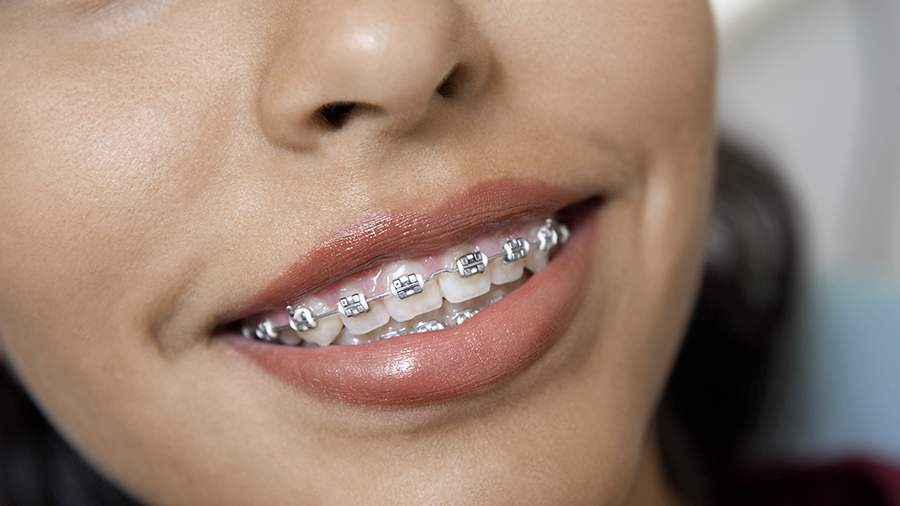The orthodontist talked about the contraindications to braces

Orthodontic treatment is an important step towards improving health and quality of life. However, treatment with braces is not suitable for all patients - there are a number of contraindications that must be considered before starting therapy. Irina Didenko, an orthodontist and speaker of the EUROKAPPA Academy, told Izvestia about this on July 3.
"The most serious contraindications are related to the condition of the patient's bone tissue, immune system, and psycho—emotional stability," Didenko explains.
For example, bone diseases such as osteonecrosis or dysplasia make the process of bone remodeling unpredictable. In such cases, moving teeth can lead to loss of bone support or jaw deformity.
Also, severe systemic diseases (autoimmune, oncological, endocrine) weaken the body and can provoke inflammation, excessive tooth mobility, and gum deterioration.
"Orthodontic intervention becomes an additional burden," the specialist emphasizes.
Psychoemotional instability is another risk factor. Patients with impaired self-regulation may not follow the doctor's recommendations or even independently interfere with the construction of braces.
According to the expert, metal allergy requires special attention. Although such reactions are rare, they are possible. Patients may complain of swelling, itching, and inflammation of the mucous membrane. If you suspect material intolerance, you should promptly abandon classical metal systems in favor of metal-free or alternative options such as aligners.
In many cases, aligners are an alternative to braces — removable mouthguards that are invisible, do not injure the mucous membrane and allow you to maintain high-quality hygiene. Aligners today are able to cope with all malocclusion pathologies subject to braces. And aligners implement some tooth movements more precisely, more predictably and reliably.
"Aligners are invisible when worn, do not injure the mucous membrane and allow you to maintain your usual oral hygiene, as they can be easily removed while eating and brushing your teeth. This is especially important for patients with sensitive enamel, periodontal diseases, or metal allergies," Didenko emphasizes.
The doctor also reminds: The choice of the correction method should be made only after a complete diagnosis and in conjunction with a doctor. Orthodontic treatment is not only about a beautiful smile. Correcting overbite can have a positive effect on posture, sleep quality, diction, breathing, and even the work of the temporomandibular joint. Therefore, it is important to consider bite correction as a contribution to overall health, and not just to aesthetics.
Earlier, on May 31, Vyacheslav Minko, a dental surgeon at Dr.Minko Dental Clinic, dispelled myths about the benefits and harms of dental products. There are foods that are good for teeth (vegetables, nuts, dairy products) and that harm them (sweets, pastries, carbonated drinks), however, according to the expert, it is important to take into account some nuances.
Переведено сервисом «Яндекс Переводчик»

